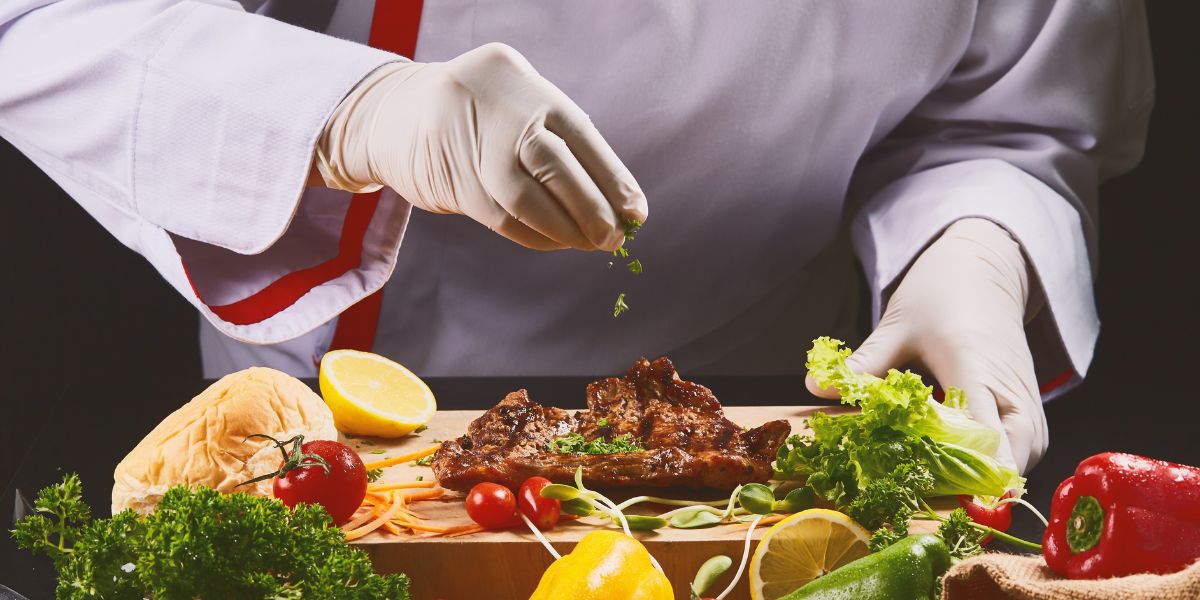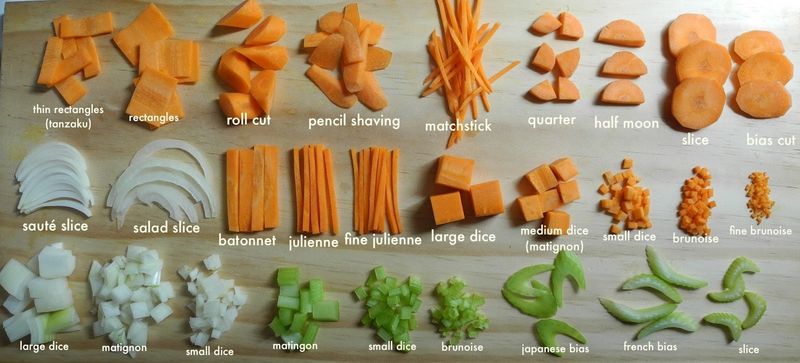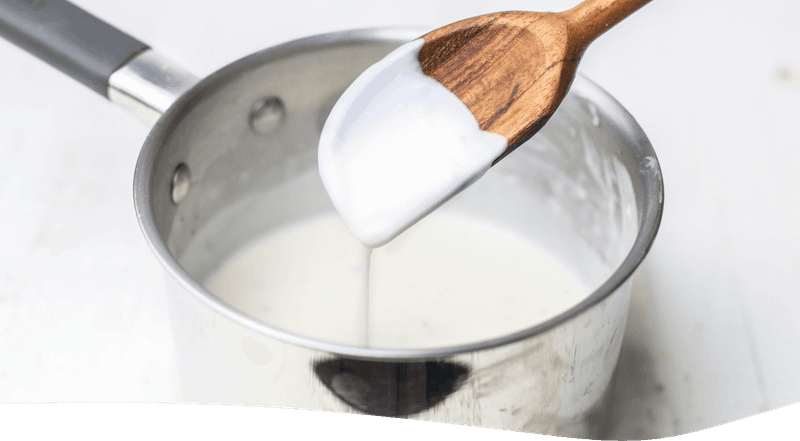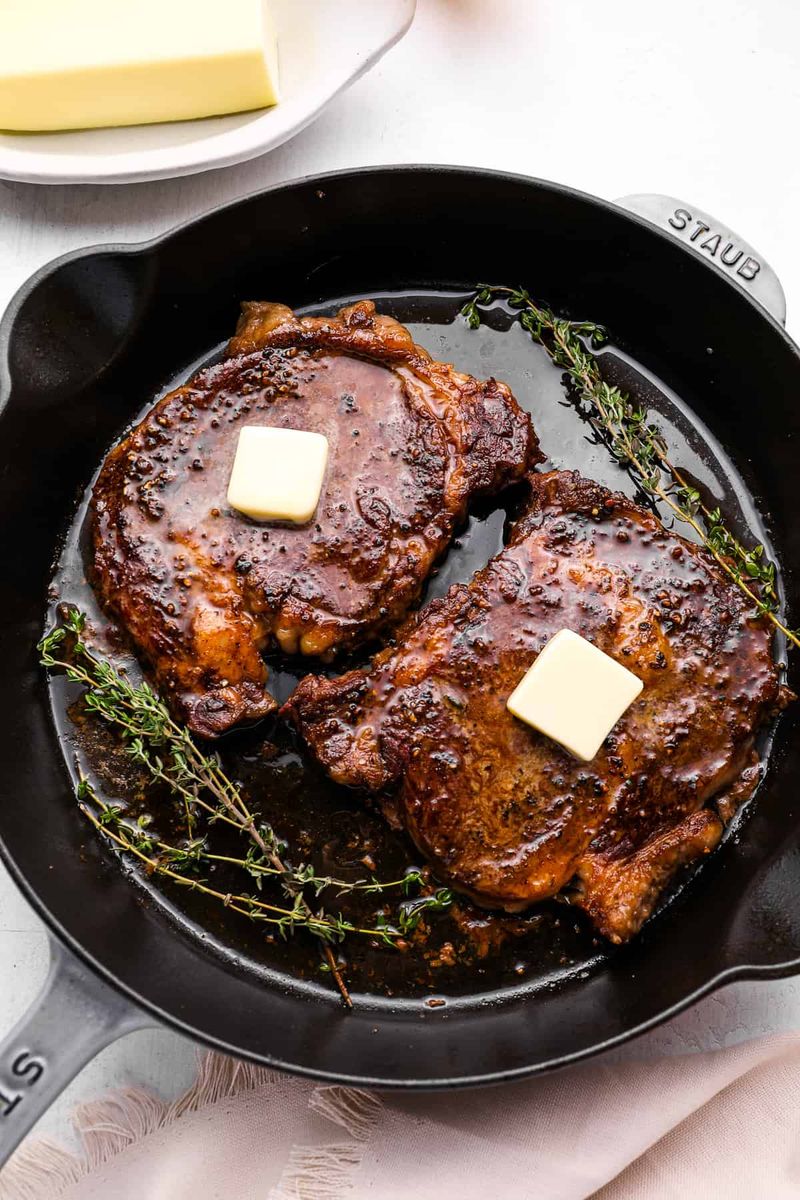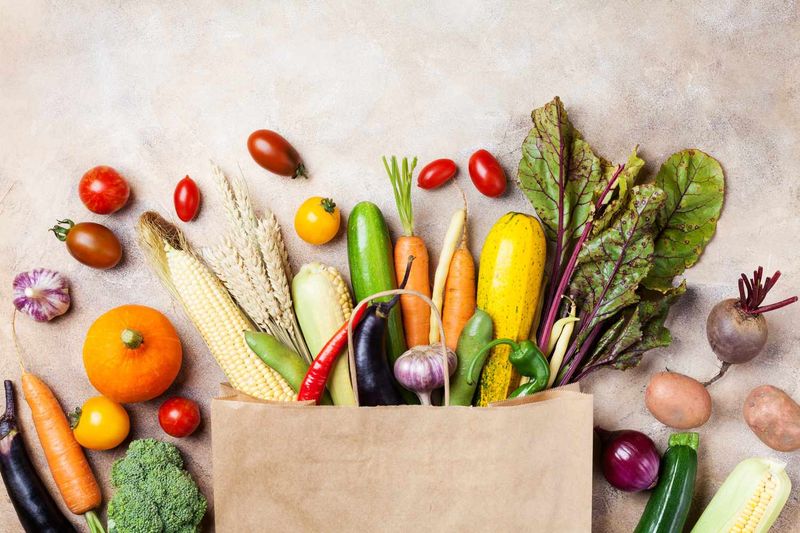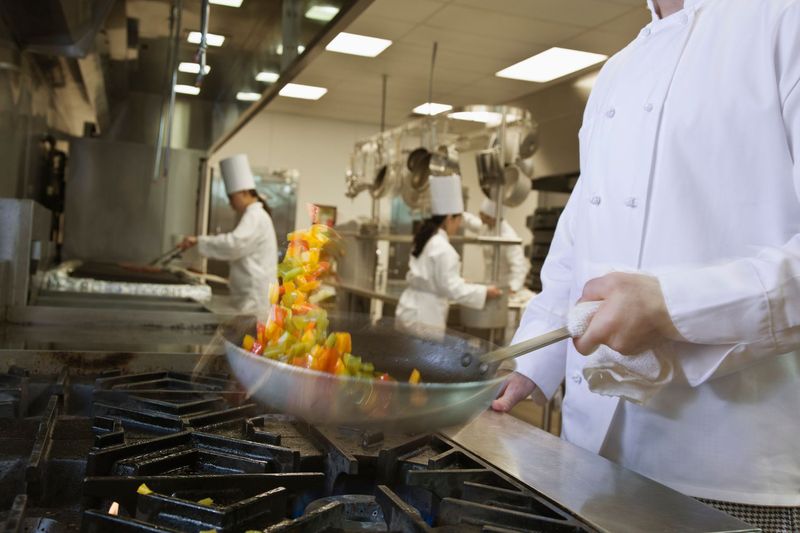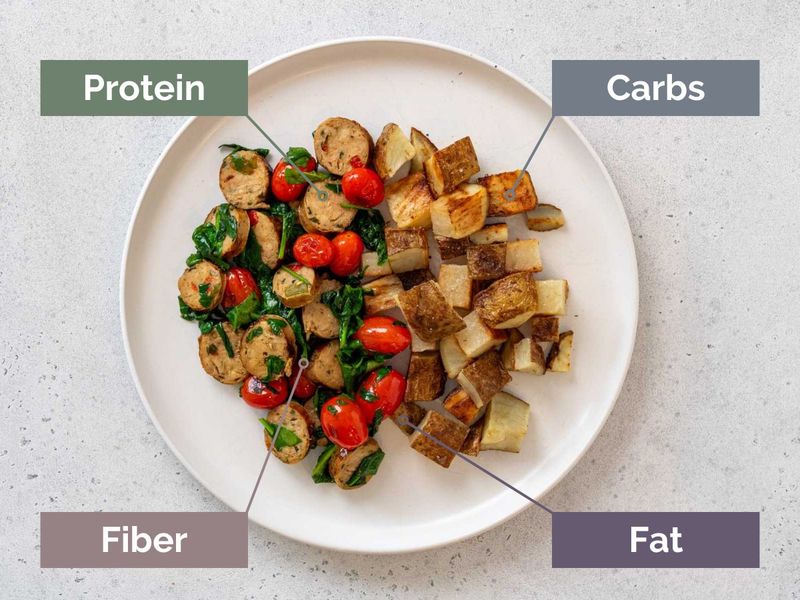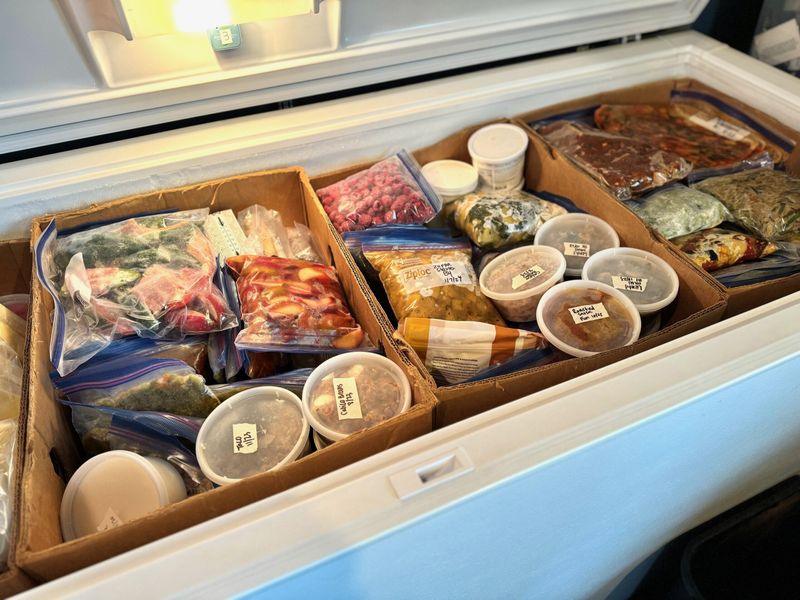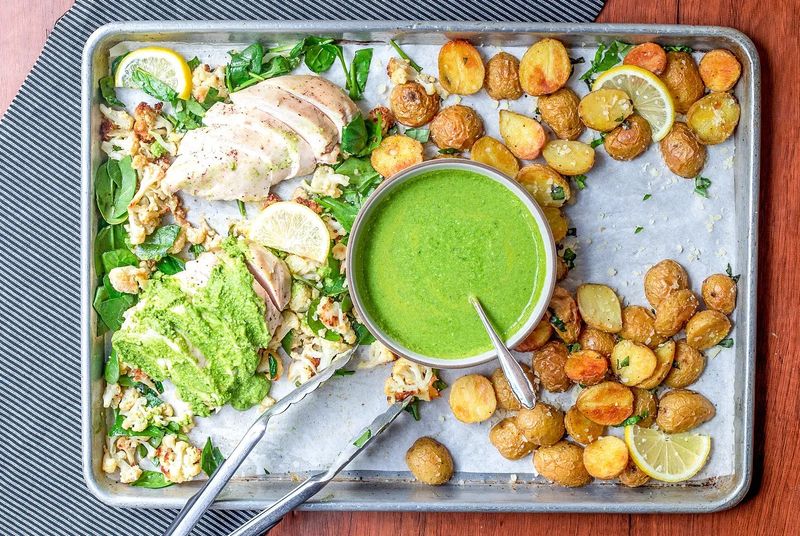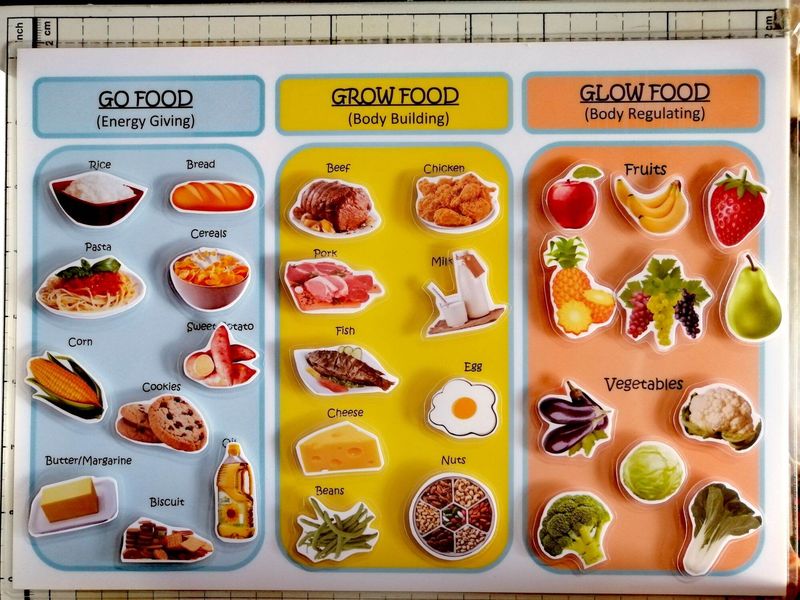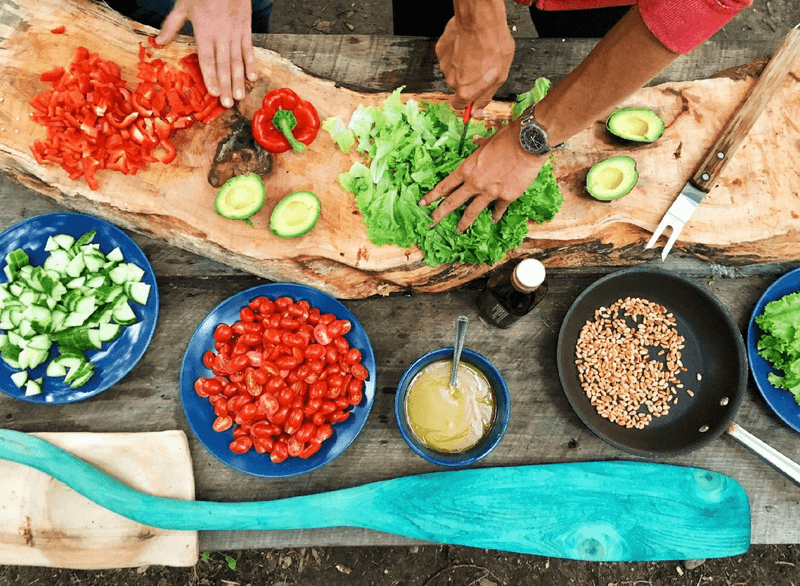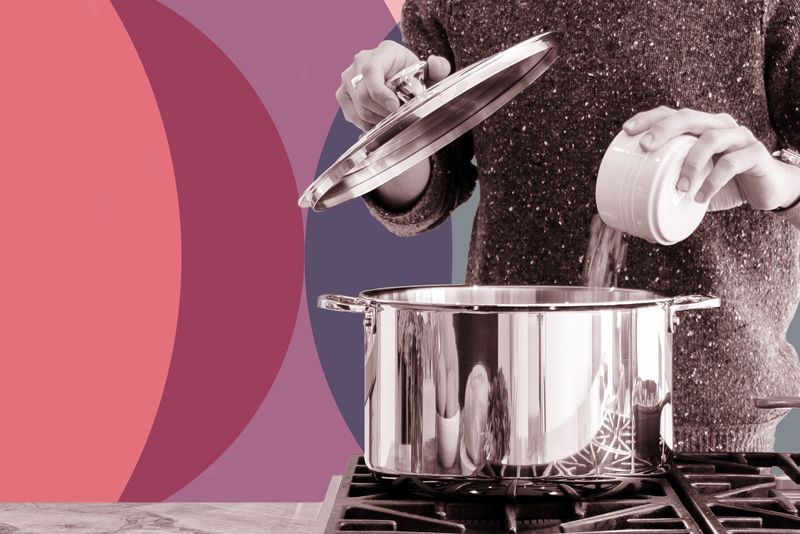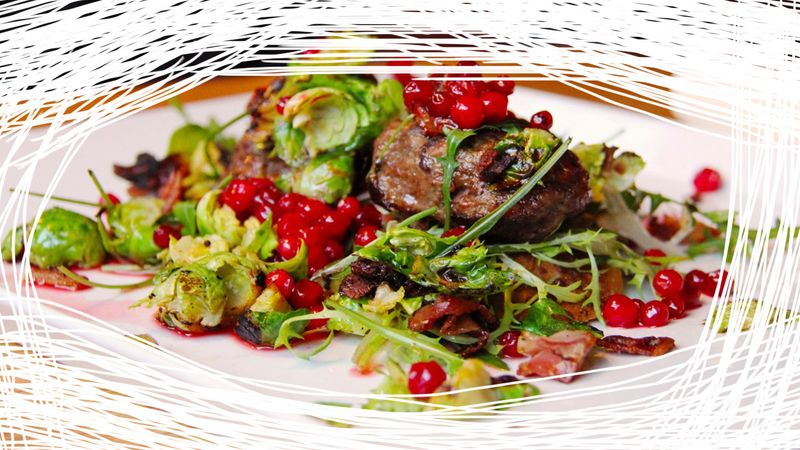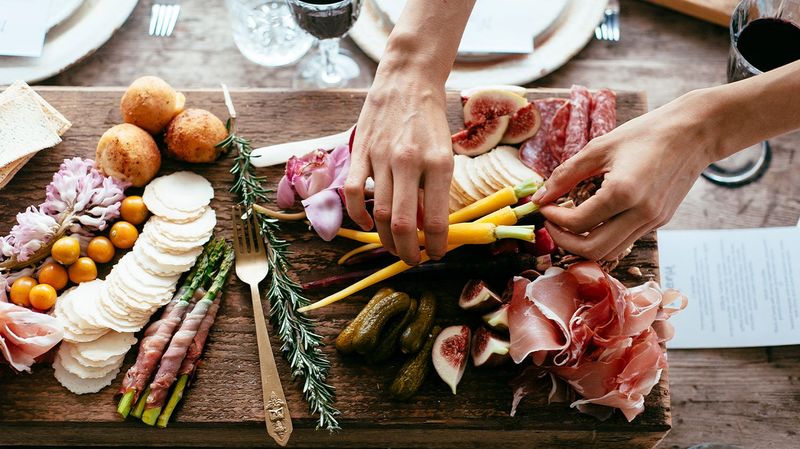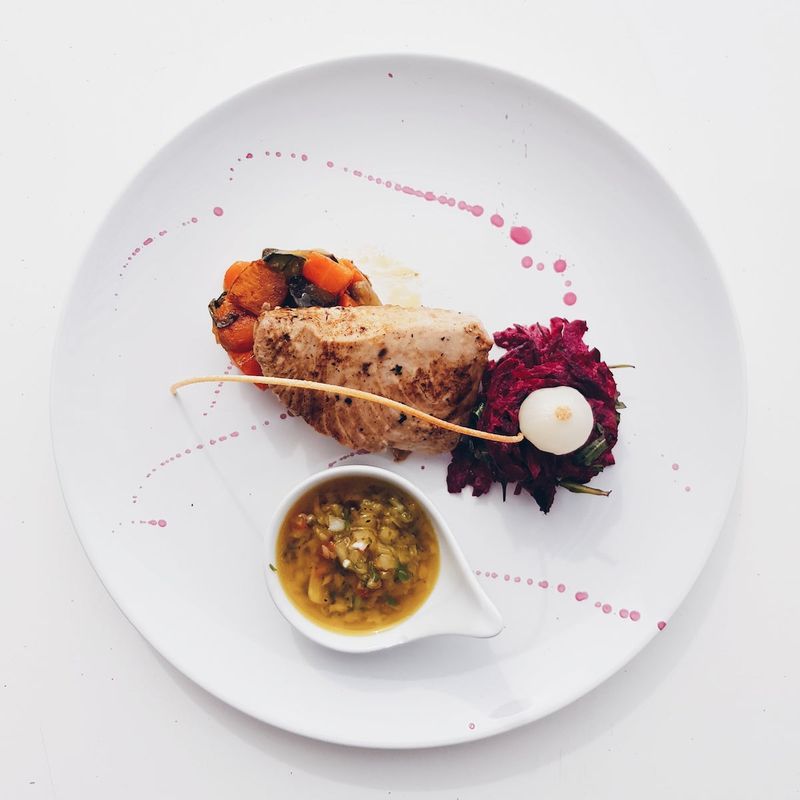Being a great cook isn’t just about following recipes perfectly. It’s about understanding the essence of cooking, being intuitive with flavors, and knowing the secrets that transform ordinary dishes into culinary masterpieces.
Let’s explore the 15 critical questions every aspiring great cook should confidently answer “Yes” to. Each question not only tests your skills but also expands your culinary horizon. So, are you ready to elevate your cooking game?
1. Do You Know Your Knife Skills?
Knife skills are fundamental in cooking. The ability to dice, julienne, and chiffonade affects texture and cooking times. Mastery of techniques like these streamlines your prep work and enhances safety.
Proper knife handling prevents accidents and ensures uniform cooking. It’s a skill that impresses and makes meal prep efficient. With good knife skills, you can transform basic ingredients into culinary artwork.
Invest time in learning and practicing these skills. Take a class or follow online tutorials. Your meals will reflect the precision and care that great knife work imparts.
2. Have You Mastered the Five Mother Sauces?
The five mother sauces form the backbone of classical cuisine: béchamel, velouté, espagnole, hollandaise, and tomato. Mastering these sauces expands your culinary repertoire significantly.
Each sauce serves as a base for countless derivatives and allows for creativity. Understanding their preparation is essential for both classic and modern dishes.
Practice makes perfect. Start with basic techniques and gradually incorporate them into your meals. These versatile sauces are a testament to your culinary prowess and adaptability.
3. Can You Cook Meat to the Right Temperature?
Cooking meat correctly ensures flavor and safety. Knowing appropriate temperatures for different meats prevents foodborne illnesses.
A great cook can achieve perfect doneness, whether rare or well-done, optimizing taste and texture. This skill requires practice and understanding of heat transfer.
Invest in a reliable thermometer and familiarize yourself with temperature guidelines. This knowledge is a cornerstone of culinary competence, ensuring every meat dish is cooked to perfection.
4. Are You Familiar with Seasonal Ingredients?
Seasonal ingredients enhance flavor and nutrition. They are fresher, often locally sourced, and eco-friendly. Understanding what’s in season can inspire your culinary creations.
Great cooks use this knowledge to bring out the best in their dishes. It involves knowing when to source produce like ripe tomatoes in summer or root vegetables in winter.
Visit local markets to familiarize yourself with seasonal offerings. This practice not only supports local farmers but also enriches your cooking with vibrant, varied flavors.
5. Do You Understand Cooking Techniques?
A variety of cooking techniques exist, each impacting the final dish. Techniques like sautéing, braising, and sous-vide enhance flavors and textures.
A great cook understands when to apply specific methods to achieve desired results. Mastering these techniques allows for versatility and innovation in the kitchen.
Study and practice different methods. Cookbooks and culinary classes are excellent resources. This knowledge expands your culinary toolkit, enabling you to craft delicious, well-executed meals.
6. Can You Create a Balanced Meal?
Creating balanced meals ensures nutritional needs are met. It involves incorporating proteins, fats, and carbohydrates in appropriate proportions.
Great cooks plan meals that are not only delicious but also nourishing. They understand dietary guidelines and tailor meals to individual preferences.
Focus on variety and color. Use fresh ingredients to craft meals that satisfy both palate and body. This approach elevates everyday cooking to a holistic culinary experience.
7. Are You Adept at Baking?
Baking demands precision and patience. It’s a science where correct measurements and timing are crucial.
Great cooks understand the chemistry behind baking, whether it’s bread, pastries, or cakes. Mastery in baking complements cooking skills, expanding your culinary range.
Practice by following reliable recipes and experimenting with new ones. This will refine your techniques and boost your confidence in creating delightful baked goods that impress.
8. Do You Know How to Store Food Properly?
Proper food storage maximizes freshness and reduces waste. Understanding how to store different ingredients ensures longevity and safety.
Great cooks know which foods require refrigeration or freezing and how to store them efficiently. This knowledge prevents spoilage and preserves flavors.
Utilize airtight containers and labels. Regularly audit your pantry and fridge. Effective storage solutions not only save money but also contribute to sustainable cooking practices.
9. Can You Make a Dish from Scratch?
Making dishes from scratch showcases skill and creativity. It involves understanding ingredients and techniques without relying on pre-made products.
Great cooks take pride in this ability, crafting meals that are personal and unique. This practice enhances flavor and offers complete control over the cooking process.
Start with simple recipes and gradually tackle more complex dishes. This journey develops a deeper connection with food, transforming cooking into an art form.
10. Do you understand flavor pairing?
Understanding flavor pairing involves knowing which ingredients complement each other. Can you tell when basil enhances tomatoes or how chocolate and chili create magic? A great cook knows how to balance flavors, creating harmony on the palate.
This skill isn’t about memorizing combinations but about experimenting and trusting your taste buds. Recognizing these pairings can elevate your dishes from ordinary to extraordinary.
If you can confidently mix and match ingredients to create delightful dishes, you’ve mastered an essential culinary skill.
11. Can you cook without a recipe?
Cooking without a recipe signifies a deep understanding of cooking techniques and ingredients. It shows creativity and confidence in the kitchen.
When you cook without a recipe, you’re able to adapt and make decisions on the fly, adjusting ingredients and flavors based on availability and preference. This freedom allows for personalization and innovation.
If you find joy in crafting meals from scratch without guidelines, you’re showcasing true culinary artistry.
12. Are you able to fix a dish that’s gone wrong?
Rescuing a meal requires experience, intuition, and patience. Whether a dish is too salty, bland, or overcooked, knowing how to salvage it is crucial.
This ability demonstrates adaptability and quick thinking, essential traits of a great cook. It’s about understanding the cooking process enough to know the necessary adjustments.
If you can save a dish from disaster and turn it into something delicious, you possess a valuable culinary skill.
13. Do you have a signature dish?
Having a signature dish means you have mastered a recipe that reflects your culinary style and creativity. It’s a dish you’ve perfected over time, loved by friends and family.
Your signature dish is a testament to your skill, dedication, and personal expression in cooking. It’s what people request from you time and again.
If you have a dish that defines your cooking identity, you are indeed a great cook.
14. Can you cook for dietary restrictions?
Cooking accommodating dietary restrictions requires knowledge and empathy. Whether making gluten-free, vegan, or low-sodium meals, understanding alternative ingredients is key.
This skill ensures everyone can enjoy your cooking, regardless of their dietary needs. It involves being thoughtful and creative while maintaining flavor and satisfaction.
If you can seamlessly modify your cooking to suit different needs, you’re a versatile and considerate cook.
15. Do you plate your dishes beautifully?
Presentation is an art that enhances the dining experience. Plating beautifully involves creativity and attention to detail, making your dishes visually appealing.
Good presentation shows pride in your work and elevates the perception of your cooking. It’s about creating an experience that starts with the eyes and ends on the palate.
If you can transform a simple meal into a visual feast, you have an essential, often overlooked, culinary skill.
